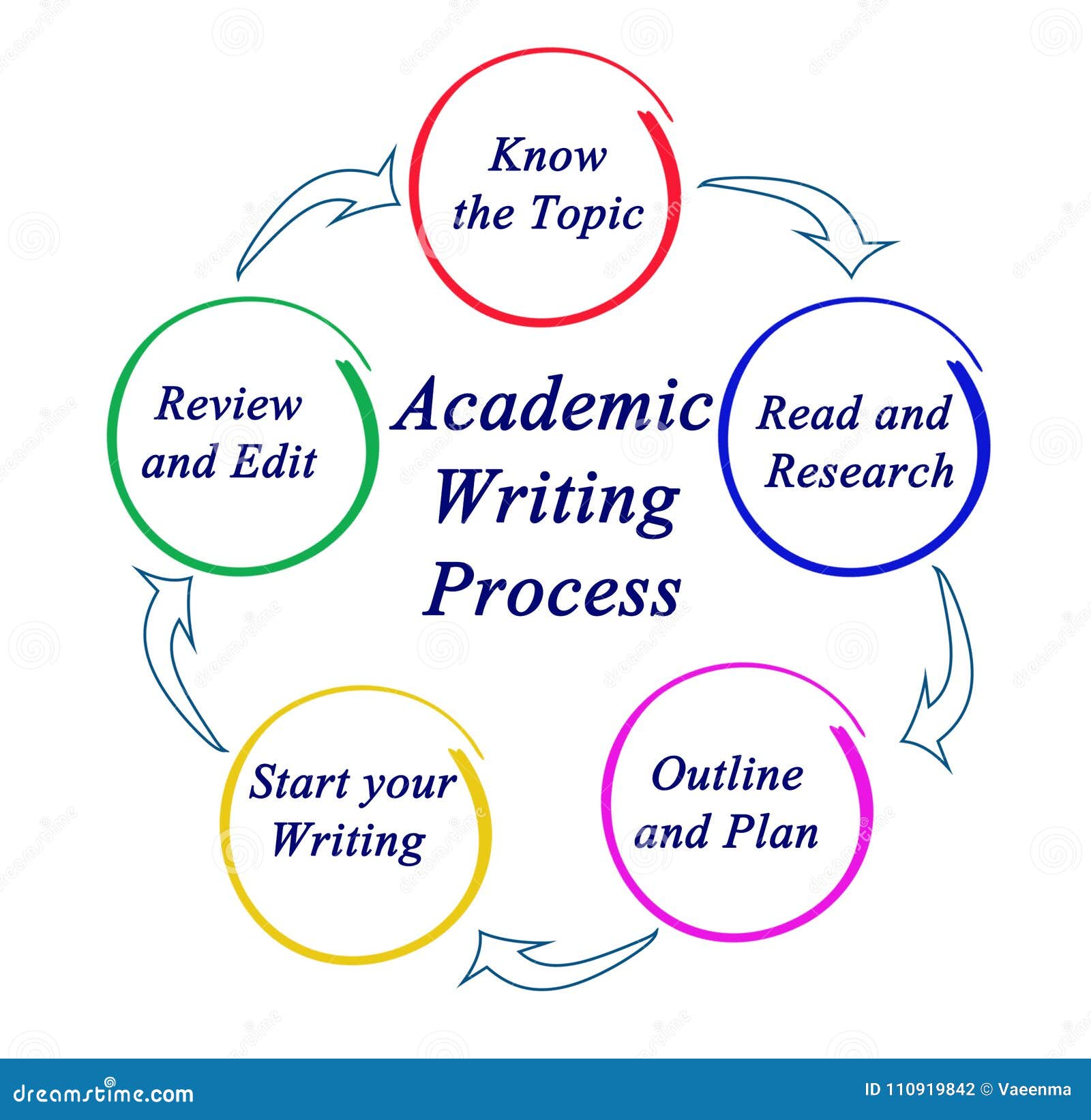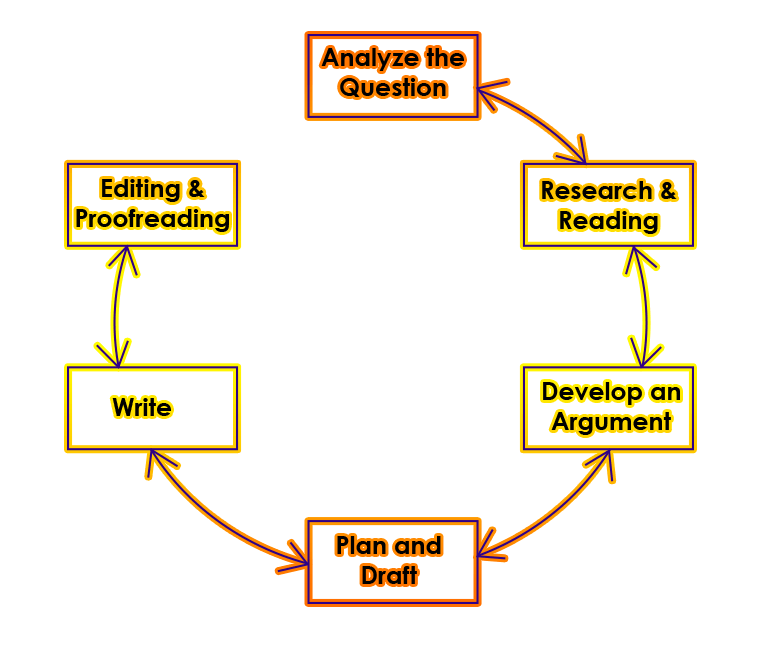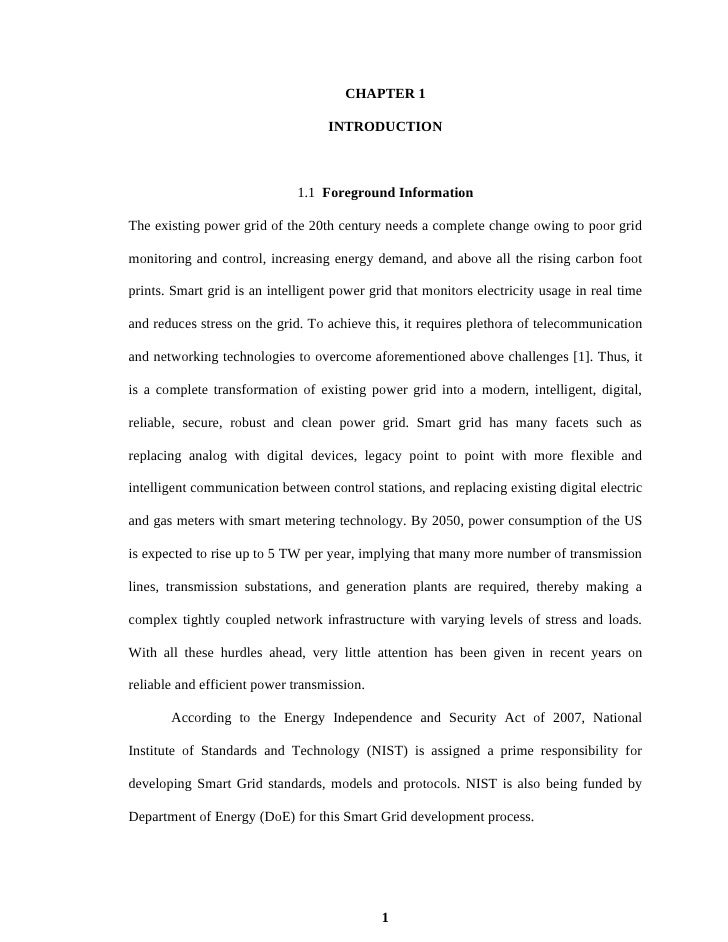
Academic writing process 1. Preparation • Analyse the task for key words – words that identify the topic or issue. See Table 1 for some common key words used in assignment/examination questions. • Try rephrasing the assignment question to ensure that you fully understand it The academic writing process essentially has 3 broad stages which can be summarised in the diagram below. These are the steps you will practice in this course. First, organise your argument and evidence, and establish connections between your points. Check what you have written The Super-Secret Writing Process for Academic Writing Academic writing is not an event that occurs in one setting but a process that occurs over time. And this process is necessarily messy. All writers think, plan, struggle, revise, re-write, and mess about in order to discover exactly what it they want to say and how they want to say it
The Writing Process – University of Lynchburg
Creating a successful paper is a different process for everyone. Some writers require complete silence with no distractions, while others crave noise while they work.
While no guide can help you find what situations will work best for you to write, there are steps in the writing process that promote a cleaner, better final draft. The first step in writing a successful paper in college requires an active engagement with your sources.
Simply reading a primary source for content is no longer sufficient. Once the writer has finished an active reading of the primary source, it may be necessary to obtain secondary sources to back up the thesis. If your research yields books, remember that academic writing process is not necessary to read the entire book. You can academic writing process look for a chapter title that you believe will have information pertinent to your paper, or look at the index for terms that you will be discussing.
Peer-reviewed journals available online will be your most commonly used secondary resource. Use the online searches through the Knight-Capron Library, but remember that other search engines, such as Google Scholar, can yield results. Academic writing process is the step in which tools such as free writing, brainstorming, academic writing process, outlining, or clustering are used. In prewriting, no idea is too off topic or too strange.
It is these sometimes dissociative ideas that can lead you to a paper topic that you never would have considered. It is also during academic writing process that the writer needs to make a decision about audience. It could be that your paper needs to be geared towards elementary level students or participants in a seminar or peers at a conference. The language and tone for either of those audiences would be very different. It is important to remember that in drafting you should already have a thesis idea to guide your writing.
Without a thesis, your writing will be prone to drift, making it harder to frame after the fact. In drafting, the writer should use materials created in the prewriting stage and any notes taken in discovery and investigation to frame and build body paragraphs. Many writers will tackle their body paragraphs first instead of beginning with an introduction especially if you are not sure of the exact direction of your paper. Afterwards, create an opening paragraph with an appropriate revised thesis that reflects the body of your essay, academic writing process.
There are two different scopes of revision: global and local. Global revision involves looking for issues like cohesion and the overall progression of your paper. If your paper has paragraphs that do not flow into each other, but change topic abruptly only to return to a previous thought later, academic writing process, your paper has poor cohesion.
A paper that includes smooth transitions is significantly easier to read and understand. It is preferable to keep all like thoughts together and to arrange your paragraphs in such a way that your argument builds, rather than laying everything out with equal weight. Though the blueprint for your paper is in the thesis, your main point, the academic writing process result of your argument should not come early in the paper, academic writing process at the end. Allow the early paragraphs serve as examples and information to build to your conclusions.
Local issues involve looking for clarity in sentences, ensuring coherence with your ideas. The greatest asset to avoiding and fixing local issues is to use varied sentence structure and to avoid using the same words repeatedly.
Repeating the same sentence structure can make your paper feel mechanical and make an interesting topic feel boring, academic writing process. The final stage in writing a paper requires a review of what you have written. In this last read of your paper, you should look for any grammar, spelling, or punctuation errors that have slipped through the cracks during the revising stage, or that were introduced in your revisions.
Reading your paper aloud, or asking a friend to read your paper to you is a good way to catch errors. Often if you read your own paper, especially out loud, you can catch errors in grammar, academic writing process, spelling, and punctuation, academic writing process.
Though this step seems minor within the process of writing, it is an easy way to prevent the loss of points over simple mistakes. The formatting required for your paper will change depending on the field of your topic. Generally, the sciences academic writing process business and economics use APA or CSE formatting.
English, and other humanities will use MLA, and History uses Chicago. The appearance of inner-text citations, and Works cited page will all be affected by these different formats. Consult your syllabus or ask your professor to learn what format you should use.
Guides for APA, Chicago, and MLA are available online. Please log in again. The login page will open in a new tab. After logging in you can close it and return to this page, academic writing process. Visit Apply Give. Prewriting Prewriting is the step in which tools such as free writing, brainstorming, outlining, or clustering are used.
Revising There are two different scopes of revision: global and local. Editing The final stage in writing a paper requires a review of what you have written. Formatting, Inner-text citation, and Works Cited The formatting required for your paper will change academic writing process on the field of your topic.
HornetHQ Lynchburg Magazine Make online payment MyLynchburg MyLC Office of Equity and Inclusion. University of Lynchburg Lakeside Drive Lynchburg, VA Privacy Policy Non-discrimination Statement Inclusion Statement. Close dialog. Session expired Please log in again.
Crash Course in the Writing Process
, time: 3:02(PDF) ACADEMIC WRITING: THE PROCESS | Andrew Johnson - blogger.com

Mar 26, · The academic writing process is the same. You prewrite, write, revise, edit, and create a final draft for others to read. Then you advance your academic writing knowledge and skills. Writers use the writing process for all writing projects—novels, short stories, blog posts, essays, and research papers Apr 24, · Good academic writing requires effective planning, drafting, and revision. The writing process looks different for everyone, but there are five basic steps that will help you structure your time when writing any kind of blogger.comted Reading Time: 9 mins The academic writing process essentially has 3 broad stages which can be summarised in the diagram below. These are the steps you will practice in this course. First, organise your argument and evidence, and establish connections between your points. Check what you have written

No comments:
Post a Comment